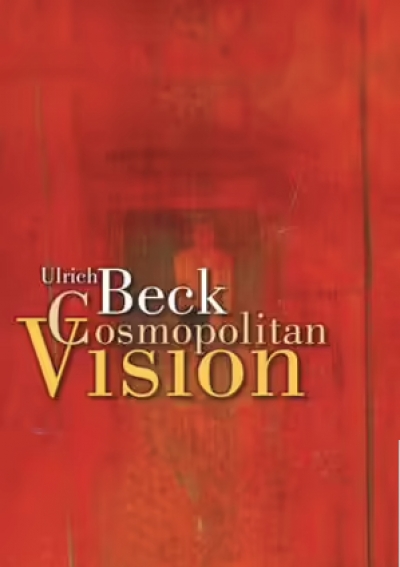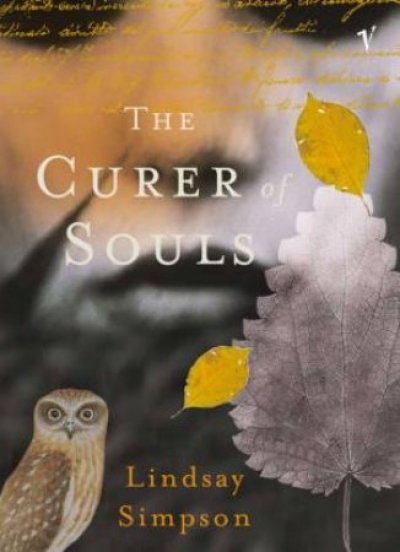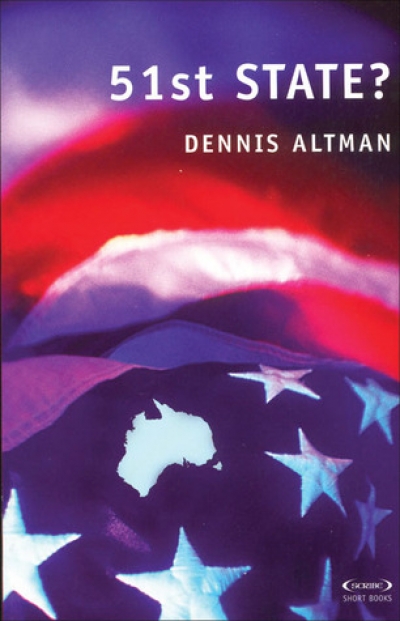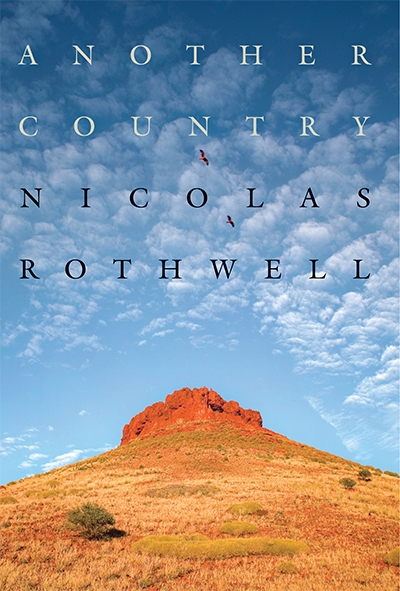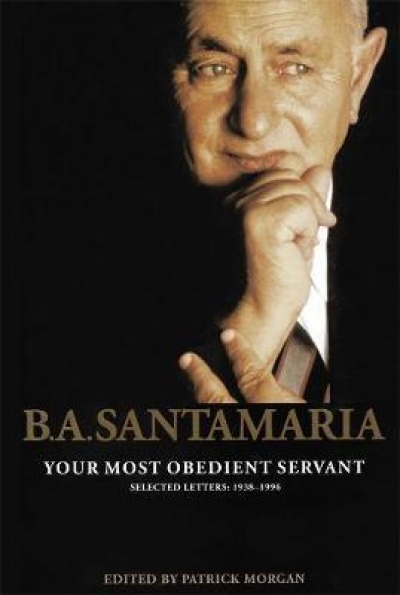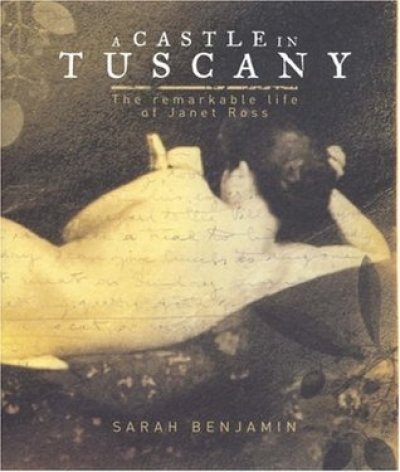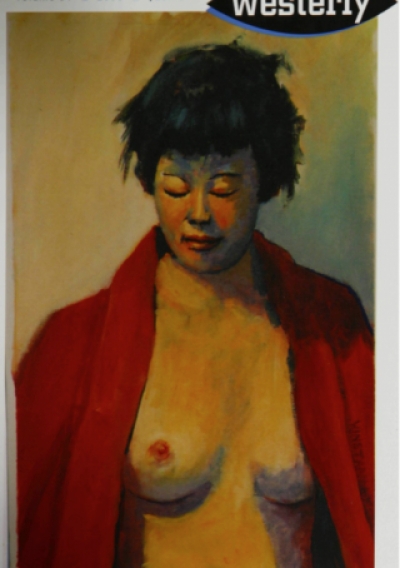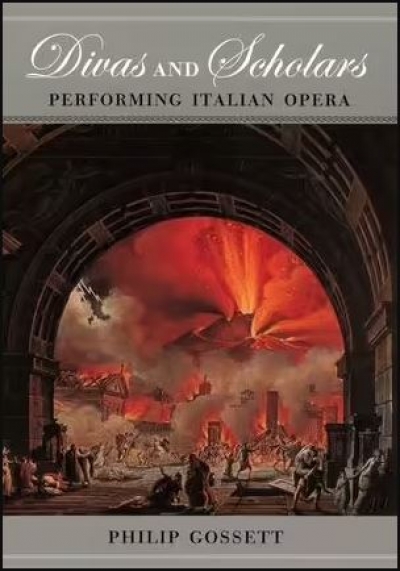Archive
The Cosmopolitan Vision by Ulrich Beck, translated by Ciaran Cronin & Power in the Global Age by Ulrich Beck, translated by Kathleen Cross
by Anthony Elliott •
Full-Bucket Moon
by Ross Clark
for Ted Kooser
B.A. Santamaria: Your most obedient servant: Selected Letters 1938–1996 edited by Patrick Morgan
by Brenda Niall •
A Castle in Tuscany: The remarkable life of Janet Ross by Sarah Benjamin
by Ros Pesman •
Westerly edited by Delys Bird and Dennis Haskell & HEAT edited by Ivor Indyk
by Lyn McCredden •
Famous Reporter edited by Ralph Wessman et al. (eds) & Etchings edited by Sabine Hopfer, Christopher Lappas and Patrick Allington
by Georgina Arnott •
Divas and Scholars: Performing Italian Opera by Philip Gossett
by Robert Gibson •

